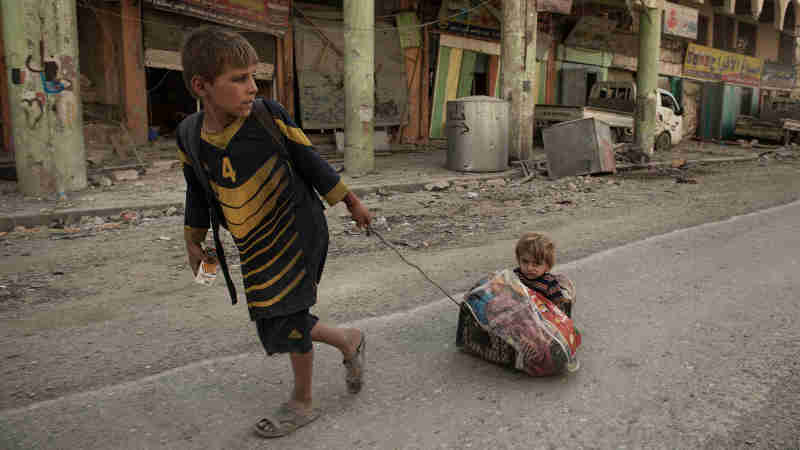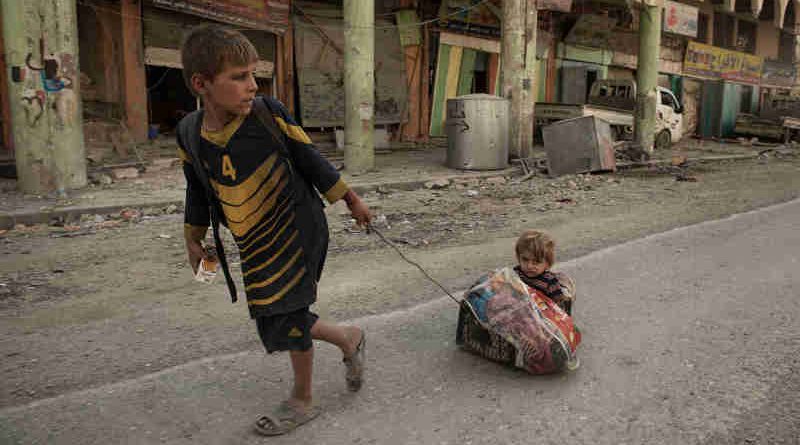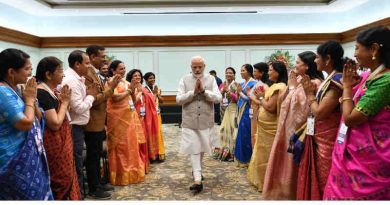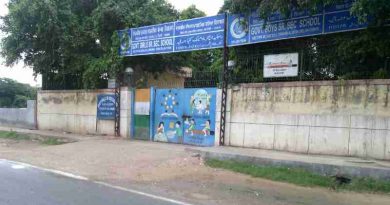27 Million Children Out of School in Conflict Zones: UNICEF

Some 27 million children are out of school in conflict zones, UNICEF said in a report released Monday.
Focusing on the importance of education for children who have been forced from their homes by conflict and disasters, the report notes that failure to provide learning opportunities for uprooted children has profound consequences for individuals and nations.
Here are some salient facts from the report:
A child uprooted from home – whether a refugee, a migrant or internally displaced – is a child first and foremost. And every child has the right to an education.
• In 2015, nearly 50 million children were uprooted. More than 28 million of them were forced from their homes because of violence and insecurity.
• 27 million children of primary and lower secondary school age are out of school in 24 conflict-affected countries.
Children and youth on the move with low levels of education are at increased risk of exploitation.
• In a recent survey of children moving across the Central Mediterranean route to Europe, 90% of adolescents without education reported exploitation compared with 77% of children with primary education and 75% with secondary education.
• On the Eastern Mediterranean route, 23% of adolescents without education reported exploitation compared with 20% with primary education and 14% secondary education.
Refugees are five times more likely to be out of school than other children.
• Only 50% of refugee children are enrolled in primary school.
• Less than 25% of refugee youth are enrolled in secondary school.
Adolescent girls on the move face unique risks.
• Girls are more likely to become victims of sexual and gender-based violence.
• In countries affected by conflict, girls are 2.5 times more likely to be out of school than boys.
Children who have arrived in countries where their families plan to stay can face barriers to entering public school systems.
• For some, information is unavailable or language and cultural barriers make it difficult to gain access.
• The upheaval of the journey and the instability of living arrangements and routines in a new environment can make it difficult for a child to learn.
• Xenophobia, exclusion and stigmatization can create inhospitable – or even dangerous – environments for children seeking to join a new school system.
• School qualification certificates do not always transfer well across borders and school systems. In Turkey, for example, temporary education centres that are not registered or do not meet the Ministry of National Education’s regulatory standards are not accredited. So students there do not receive certificates when they complete their studies, making it difficult to provide proof of their learning achievements.
• In some countries, legal barriers exist. For example, only 10 European Union Member States recognize the right of undocumented migrant children to enter the school system and five explicitly exclude them.
Organizations from around the world are engaged in providing children with safe spaces to learn.
• In 2016, UNICEF reached 11.7 million children in emergencies. Efforts included providing formal and non-formal learning opportunities and materials, teacher training and offering life skills classes.
• UNICEF alone reaches 45% of children in need of education services in emergencies.
• UNICEF is currently hosting the secretariat of Education Cannot Wait, which has mobilized over US$113 million from government donors and a pledge of US$100 million in both financial and in-kind support from the private sector.
A convoy of 27 empty school buses, together with education activist and UNICEF Goodwill Ambassador, Muzoon Almellehan, travelled through the streets of Manhattan on Sunday, 17 September 2017, to shine a spotlight on the 27 million out-of-school children living in conflict zones.
Also, while on a visit to Jordan in September 2017, UNICEF Goodwill Ambassador Priyanka Chopra met with Syrian children, young people and their families whose lives have been greatly affected by conflict.
Chopra visited the Za’atari refugee camp where she met girls at a UNICEF-supported school and two Makani centres that provide psychosocial support services to both young boys and girls.






